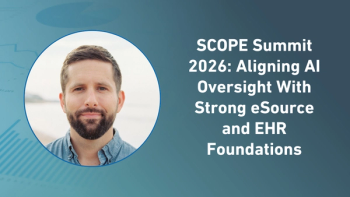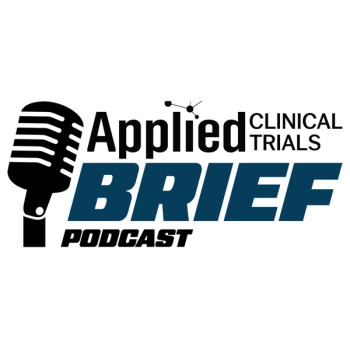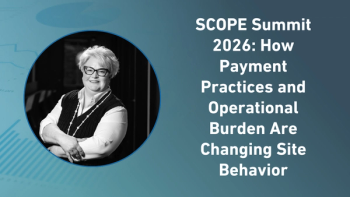
Confidence in the Future of EU Clinical Trials Rules
Expectations are rising in Europe that the situation for clinical trials may be improved by the new legislation the European Commission is proposing - and one of the optimists is someone who has a good claim to be entitled to an opinion.
Peter Liese is a German physician who is better known as one of the prominent members of the European Parliament in healthcare matters. Not only is he the spokesperson for the largest political group in the parliament - the centre-right European People's Party. He is also intimately familiar with the current EU rules on clinical trials, because it was he who was chosen by the parliament to be responsible for leading the debates, more than a decade ago, when the current rules were going through the legislative process.
He recognises that there are major deficiencies in the current rules - not the fault of the parliament, he claims; he blames national governments for forcing through a system that has since proved inadequate - but he says he believes that there are good hopes for improvement in the revision that is just about to begin. "I cannot prejudge too much what the Commission will propose", he said in early July, before the Commission proposals were published. "But I think they may be on the right track this time".
One of his priorities for the review is to obtain an easing of constraints on non-commercial research. Asked by ACT what sort of constraints he wished to see removed, Liese said:
"We asked concretely in 2001 already for less labelling requirements when using existing drugs". He cited the Brussels-based European Organisation for Research into Treatments for Cancer as expressing concerns that when they do a trial with an existing medicine, they see little justification for being subject to special labelling provisions. "When it is a new drug it's important to have proper labelling for traceability, but this is not needed for known drugs", he said.
He added that he expected a shortening of approval procedures for the low-risk trials frequently conducted in the non-commercial sector: "I could also imagine and I would support that the time limits in the regulation will be stricter", he said. He favoured greater use of notification systems with tacit approval. Unlike the situation with new substances, "this can be more easily done with substances that are already approved and have a known side effect profile".
Liese may be chosen this time round too as the lead member of the parliament for the discussions on the new rules. As he admitted, this is not something he can presume, but he made clear that he would certainly welcome the opportunity. In any case, his voice is likely to be heard loud and clear during the upcoming debates on the clinical trials rules.
Newsletter
Stay current in clinical research with Applied Clinical Trials, providing expert insights, regulatory updates, and practical strategies for successful clinical trial design and execution.




